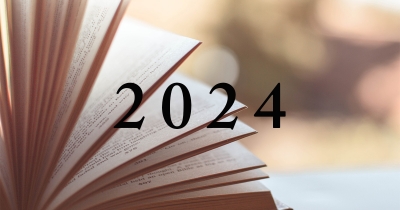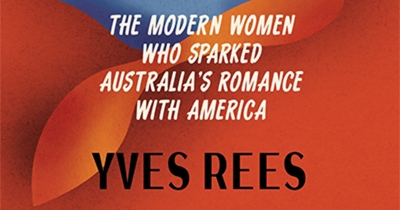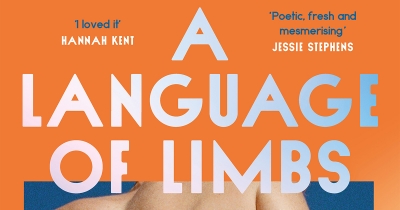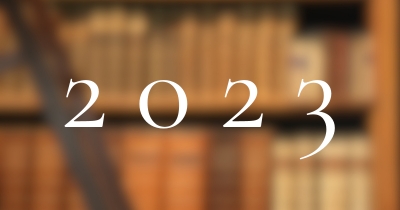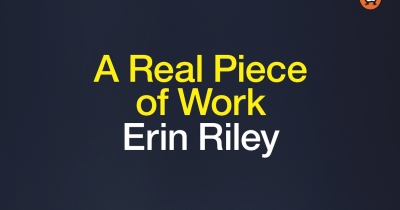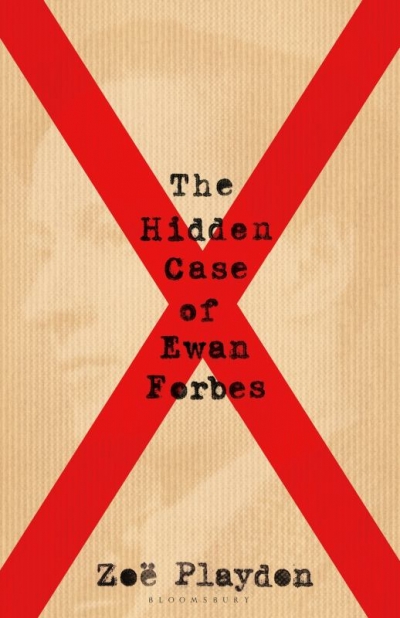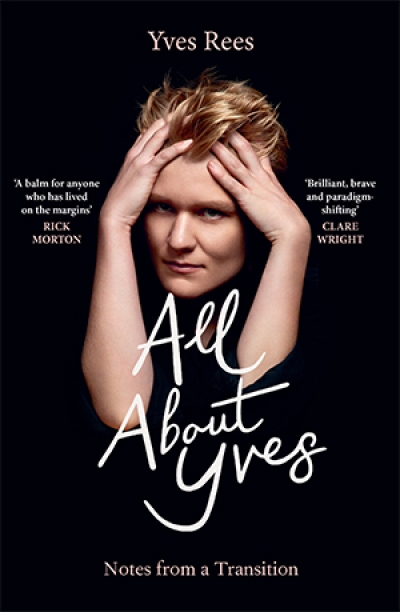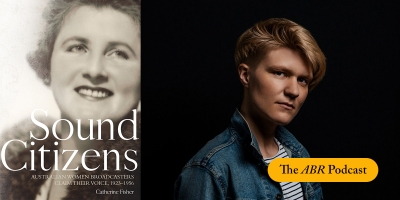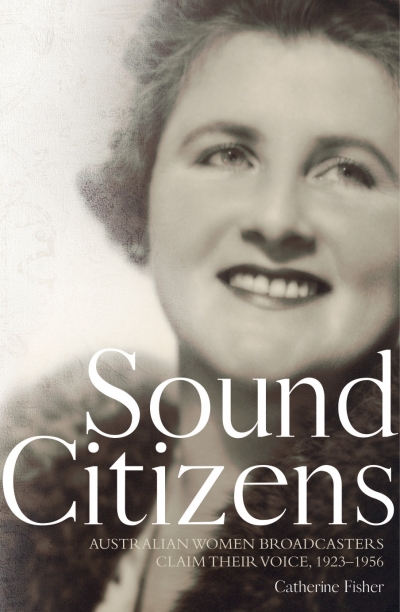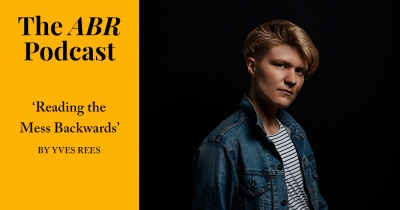Accessibility Tools
- Content scaling 100%
- Font size 100%
- Line height 100%
- Letter spacing 100%
Yves Rees
The ABR Podcast
Released every Thursday, the ABR podcast features our finest reviews, poetry, fiction, interviews, and commentary.
Subscribe via iTunes, Stitcher, Google, or Spotify, or search for ‘The ABR Podcast’ on your favourite podcast app.
The red thread: Xi Jinping’s ideology of power
by Neil Thomas
This week on The ABR Podcast, Neil Thomas reviews On Xi Jinping: How Xi’s Marxist Nationalism is shaping China and the world by Kevin Rudd. Thomas explains that even China watchers find it hard to be clear on the thoughts and plans of the leader of the Chinese Communist Party. They disagree, he tells us, on basic, critical questions, such as for how long Xi will rule. ‘Enter Kevin Rudd’, Thomas writes. ‘In his latest book, former prime minister Kevin Rudd adds a worthy new chapter to his life of public service, digesting thousands of pages of “Xi Jinping Thought” so that you do not have to’. Neil Thomas is a Fellow on Chinese Politics at Asia Society Policy Institute’s Center for China Analysis in Washington DC. Here is Neil Thomas with 'The red thread: Xi Jinping's ideology of power' by Neil Thomas, published in the December issue of ABR.
Recent episodes:
Travelling to Tomorrow: The modern women who sparked Australia’s romance with America by Yves Rees
What the authors of these three wildly different books share is a gift for creating through language a kind of intimacy of presence, as though they were in the room with you. Emily Wilson’s much-awaited translation of The Iliad (W.W. Norton & Company) is a gorgeous, hefty hardback with substantial authorial commentary that manages to be both scholarly and engaging. The poem is translated into effortless-looking blank verse that reads like music. The Running Grave (Sphere) by Robert Galbraith (aka J.K. Rowling), the seventh novel in the Cormoran Strike crime series and one of the best so far, features Rowling’s gift for the creation of memorable characters and a cracking plot about a toxic religious cult. Charlotte Wood’s Stone Yard Devotional (Allen & Unwin, reviewed in this issue of ABR) lingers in the reader’s mind, with the haunting grammar of its title, the restrained artistry of its structure, and the elusive way that it explores modes of memory, grief, and regret.
... (read more)In the pre-television era of the early twentieth century, radio reigned supreme. It offered news and light entertainment, but also a means of communion and solidarity for the many women confined to the domestic sphere. In her new book Sound Citizens, historian Dr Catherine Fisher explores how a cohort of professional women broadcasters, activists, and politicians began utilising radio to improve the status and rights of women in Australia. In today’s episode, we hear from writer and historian Dr Yves Rees, who reviewed the book for ABR’s recent September issue. Rees is a David Myers Research Fellow in History at La Trobe University and co-host of the history podcast Archive Fever. Yves has published widely across Australian gender, transnational and economic history, and also writes on transgender identity and politics.
... (read more)
Sound Citizens: Australian women broadcasters claim their voice, 1923-1956 by Catherine Fisher
The Calibre Essay Prize is one of the world's leading prizes for an original non-fiction essay. This year was the fourteenth time ABR has presented the prize, which is now worth a total of $7,500. The winner of this year's prize is Dr Yves Rees, whose essay is titled 'Reading the Mess Backwards'. Rees, who came out as transgender aged 31, describes their essay as 'a story of trans becoming that digs into the messiness of bodies, gender, and identity'. The full essay appears in the June-July issue of ABR.
... (read more)

